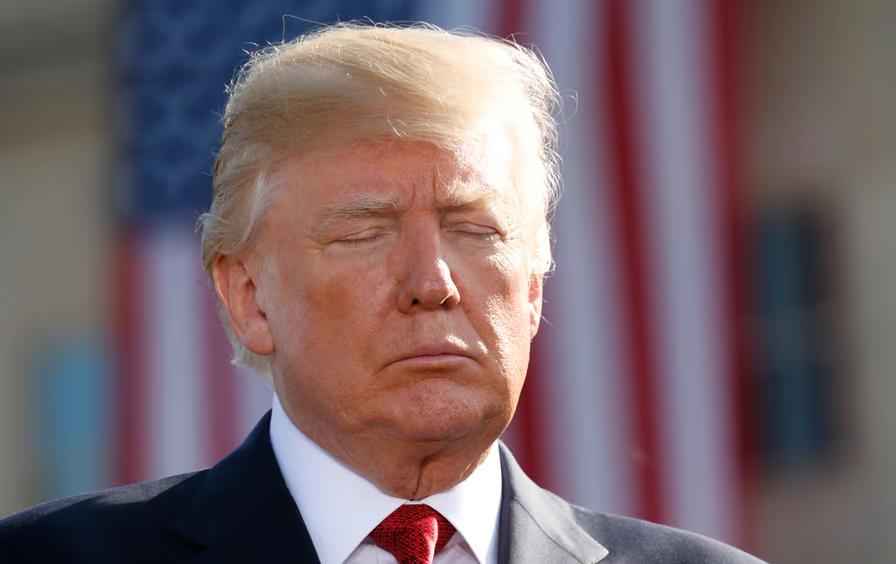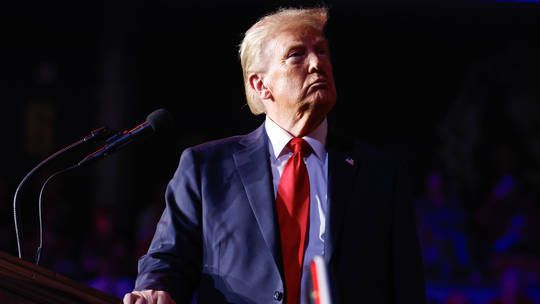China, Indonesia agree to step up cooperation in investment, agricultural products trade
China and Indonesia have come together to enhance their collaboration in investment and the trade of agricultural products.
May 25, 2025 / GMT+6
During Chinese Premier Li Qiang's recent visit to Indonesia, he had a meeting with Indonesian President Prabowo Subianto. Together, they signed several Memorandums of Understanding (MoUs) that covers various sectors, including tourism, agricultural exports, traditional medicine, investment, strategic commerce, and media.
On top of that, the two countries are really strengthening their economic partnership, highlighted by a new investment agreement between their sovereign wealth funds. Their central banks also signed an MoU to facilitate bilateral transactions in local currencies. China continues to be Indonesia’s biggest trading partner, and both nations are eager to collaborate in the health and media sectors.
This agreement comes as China seeks to expand its influence in Southeast Asia, particularly amid global trade tensions. Indonesia has been a key partner in China's Belt and Road Initiative, with major projects such as the Jakarta-Bandung high-speed rail and nickel processing facilities. President Prabowo has visited China twice since winning the presidency, securing over $10 billion in business deals.
The Memorandums of Understanding (MoUs) signed between China and Indonesia cover several key projects across multiple sectors:
Investment Cooperation: Focus on electric vehicles (EVs), automotive batteries, petrochemical refineries, steel production, and the development of Halal Centers.
Infrastructure & Transportation: Expansion of the Jakarta-Bandung high-speed rail and development of toll roads like the Medan-Kualanamu Toll Road.
Energy & Minerals: Agreements on green mineral cooperation and sustainable mineral supply chains, supporting clean energy development.
Trade & Finance: Strengthening local currency transactions and increasing export quotas for agricultural products.
Community & Education: Plans to increase direct flights, expand scholarships, and enhance vocational training.
These projects aim to boost Indonesia’s economy, enhance bilateral trade, and strengthen strategic ties between the two nations.
The economic impacts of the China-Indonesia agreements are expected to be significant, influencing multiple sectors:
Boost in Foreign Direct Investment (FDI): China remains Indonesia’s second-largest investor, and these new agreements will likely increase investment flows, particularly in green energy, infrastructure, and industrial estates.
Expansion of Trade: Indonesia’s exports to China, including agricultural products, fisheries, and minerals, are expected to grow, strengthening Indonesia’s trade surplus.
Infrastructure Development: Projects such as the Jakarta-Bandung high-speed rail and industrial zones in North Kalimantan will enhance connectivity and productivity, attracting more businesses.
Energy Security & Sustainability: China’s involvement in renewable energy projects will help Indonesia accelerate its clean energy transition, supporting its goal of 60 GW of new renewable energy plants by 2040.
Strengthened Financial Cooperation: Agreements on local currency transactions and cross-border QR payments will reduce reliance on the US dollar, making trade and investment more efficient.
Job Creation & Skills Development: Increased investment in vocational training, scholarships, and education exchanges will equip Indonesian workers with new skills, improving employment opportunities.
These agreements align with Indonesia’s long-term economic vision, ensuring sustainable growth and stronger global trade positioning.







